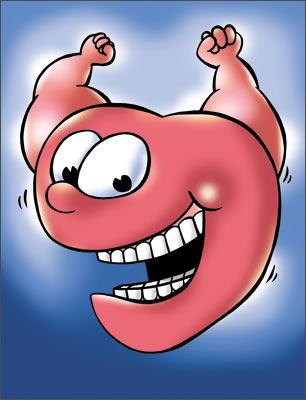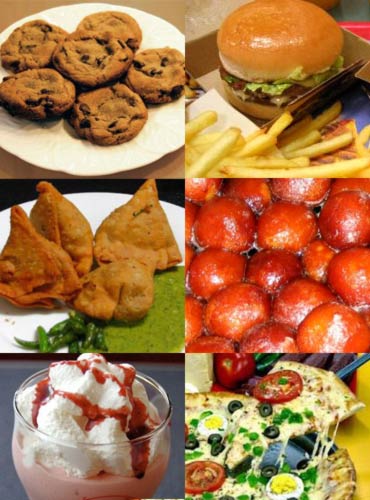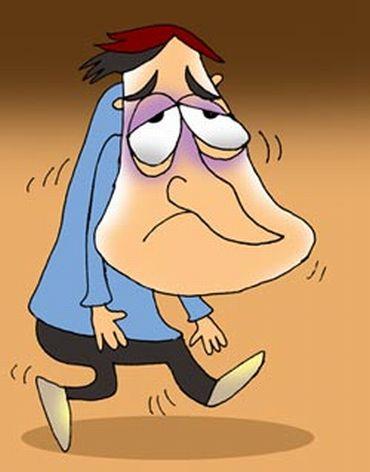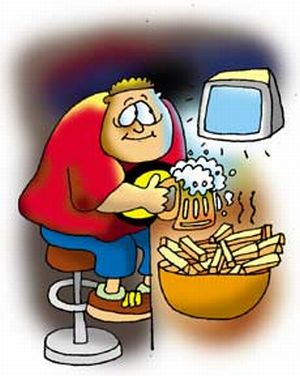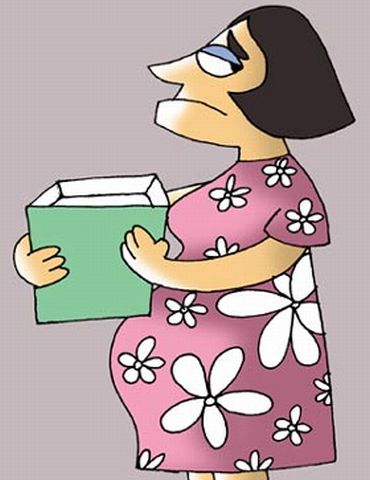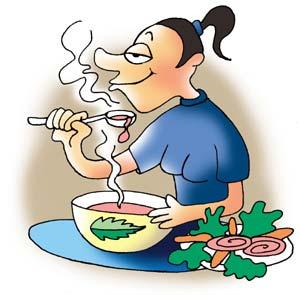 | « Back to article | Print this article |
How to prevent heartburn
Heartburn refers to an uncomfortable sensation of burning pain in your chest. It affects 60 percent of urban Indians. In fact, as many as ten percent of them experience it at least twice a week.
Despite its name the condition has no relation with your heart. It is caused by the regurgitation of stomach acid into the food pipe or esophagus called acid reflux.
Under normal conditions, the esophageal sphincter or valve at its lower end prevents acid and food in the stomach from flowing back into the food pipe. Heartburn may be the result of a sphincter that has become loose or dysfunctional.
Experiencing frequent heartburn and acid regurgitation can lead to gastro esophageal reflux disease (GERD). This in turn, leads to ulcers and erosions in the esophagus or food pipe.
Illustrations: Uttam Ghosh
Dr Snehal Kothari, DM (Cardiology), DNB (Cardiology), MD (Med), FISE, FACC (USA), FICPS (Paris), FCAPSC (Singapore), is a consultant cardiologist affiliated with Lilavati Hospital and other hospitals in Mumbai.
Causes
These are some factors that are responsible for heartburn:
Eating habits
Spicy foods like chaat, citrus fruits or tomatoes can cause heartburn because they irritate the esophagus.
Chocolates, coffee, tea, aerated drinks, fatty foods like rich curries, and alcohol can cause the loosening of the esophageal sphincter, resulting in acid reflux.
Eating too much at a time also causes heartburn by creating pressure on the stomach and loosening the sphincter.
Posture after meals
Lying down immediately after a meal causes acid reflux because the sphincter is unable to prevent acid from flowing back into the food pipe in the supine position.
Bending over or straining your middle after a meal can cause acid reflux, as the pressure on the stomach weakens the sphincter allowing acid to leak into the food pipe.
Obesity
Pregnancy
Pregnant women commonly experience heartburn. This is because the upsurge of hormones at this time causes the esophageal sphincter to loosen.
The pressure of the growing uterus on the stomach also causes acid to leak into the esophagus.
Stress
Stress, leading to hyperacidity, results in heartburn.
Cigarette smoke and drugs like aspirin and other pain killers or NSAIDs (non steroidal anti-inflammatory drugs) used for chronic pain conditions like arthritis can cause heartburn by irritating the esophagus' lining.
Prevention
Here's what to do to prevent heartburn:
1. Avoid heartburn triggers like cigarette smoke, alcohol, spicy or fatty foods, coffee, tea and citrus fruits.
2. Have smaller, more frequent meals.
3. Avoid going to bed immediately after a meal. If you are prone to heartburn you should elevate the head end of your bed to prevent the occurrence of acid reflux.
4. Avoid straining, exercising or lifting heavy weights after meals.
5. Watch your diet and exercise regularly to keep your weight in control.
6. De-stress by practicing relaxation techniques like yoga and meditation.
7. Use painkillers only under medical supervision.
8. Consult your physician to determine need for evaluation of symptoms and drug treatment as appropriate.